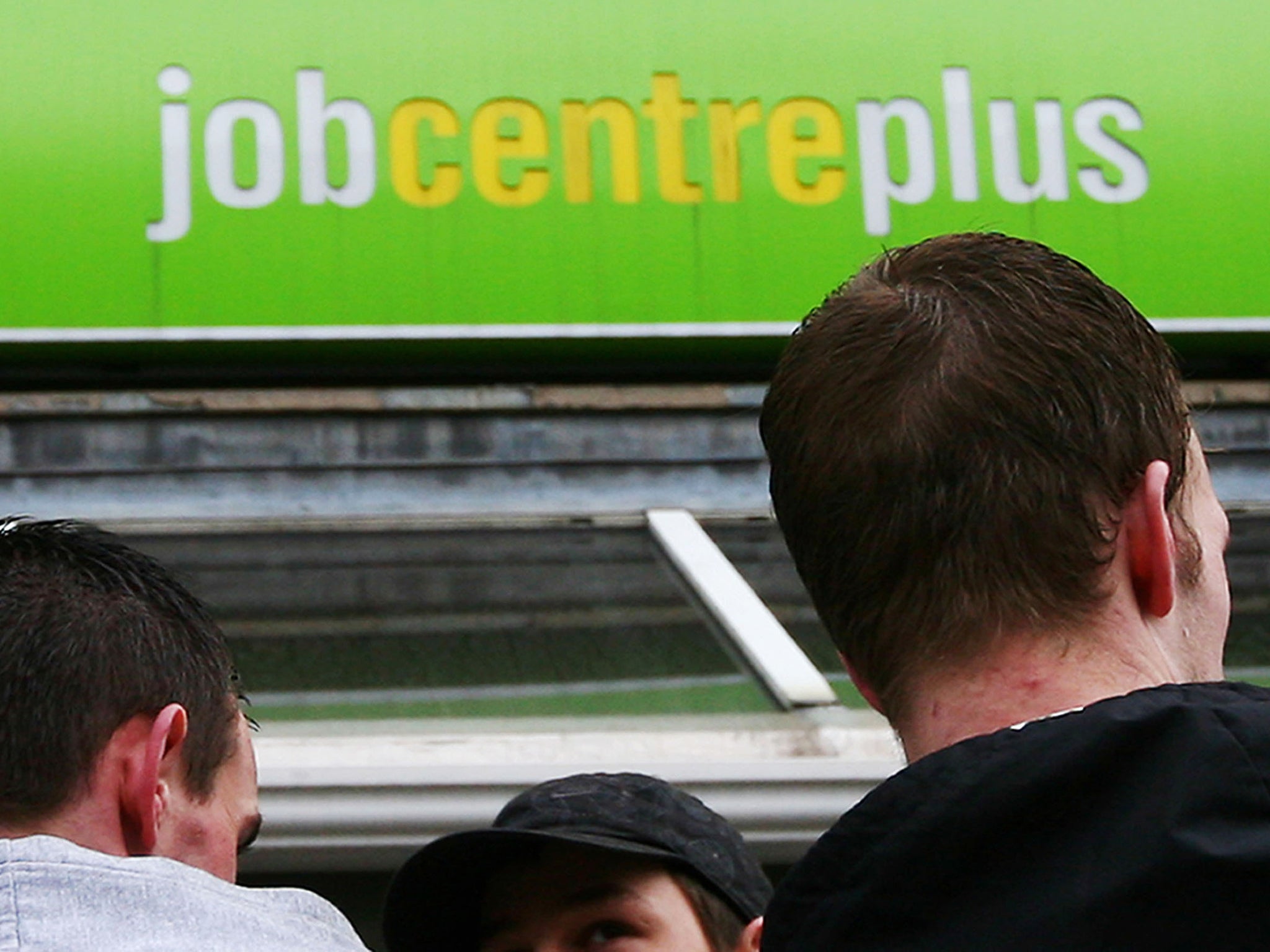UK unemployment rises by 22,000 to 1.3 million as jobs market ‘buckles’ under pressure of Brexit
‘Markedly weaker’ jobs market as Brexit and global economic slowdown take toll

Unemployment rose to 1.3 million in the three months to August as the UK jobs market began to show the strain of uncertainty surrounding Brexit and the future of the global economy.
The number of unemployed increased by 22,000 in the quarter, the Office for National Statistics (ONS) said.
Wages rose faster than inflation but real pay still remains below where it was prior to the financial crisis more than a decade ago.
Howard Archer of the EY Item Club said the labour market was “buckling” under pressure from several directions.
“The latest jobs data are weaker across the board, indicating that the labour market is now undeniably faltering in the face of overall soft domestic economic activity, a weakening global economy and heightened Brexit and domestic political uncertainties.”
He added: “There is evidence and reports that many employers are currently adopting a ‘wait and see’ approach on employment given the current heightened uncertainties.”
The total number of people in work fell by 56,000 over the three-month period, taking the overall employment rate down to 75.9 per cent from 76.1 per cent.
ONS deputy head of labour market statistics Matt Hughes said: “The employment rate is still rising year-on-year, but this growth has cooled noticeably in recent months. Among the under-25s, the employment rate has actually started to fall on the year.
“Pay growth continues to outstrip inflation, as it has done for over eighteen months now.
Despite the 0.1 per cent rise in unemployment to 3.9 per cent, the proportion of people jobless remains at its lowest level since the 1970s.
The number of job vacancies fell again to 813,000, its lowest level since late 2017.
“This is further evidence that the underlying weakness in economic growth is restraining labour market activity,” said Thomas Pugh, UK economist at Capital Economics.
“However, it could also be evidence that the uncertainty around Brexit is starting to impact firms’ hiring decisions. The survey evidence is consistent with a further softening in employment and wage growth going forward too.”
Subscribe to Independent Premium to bookmark this article
Want to bookmark your favourite articles and stories to read or reference later? Start your Independent Premium subscription today.

Join our commenting forum
Join thought-provoking conversations, follow other Independent readers and see their replies